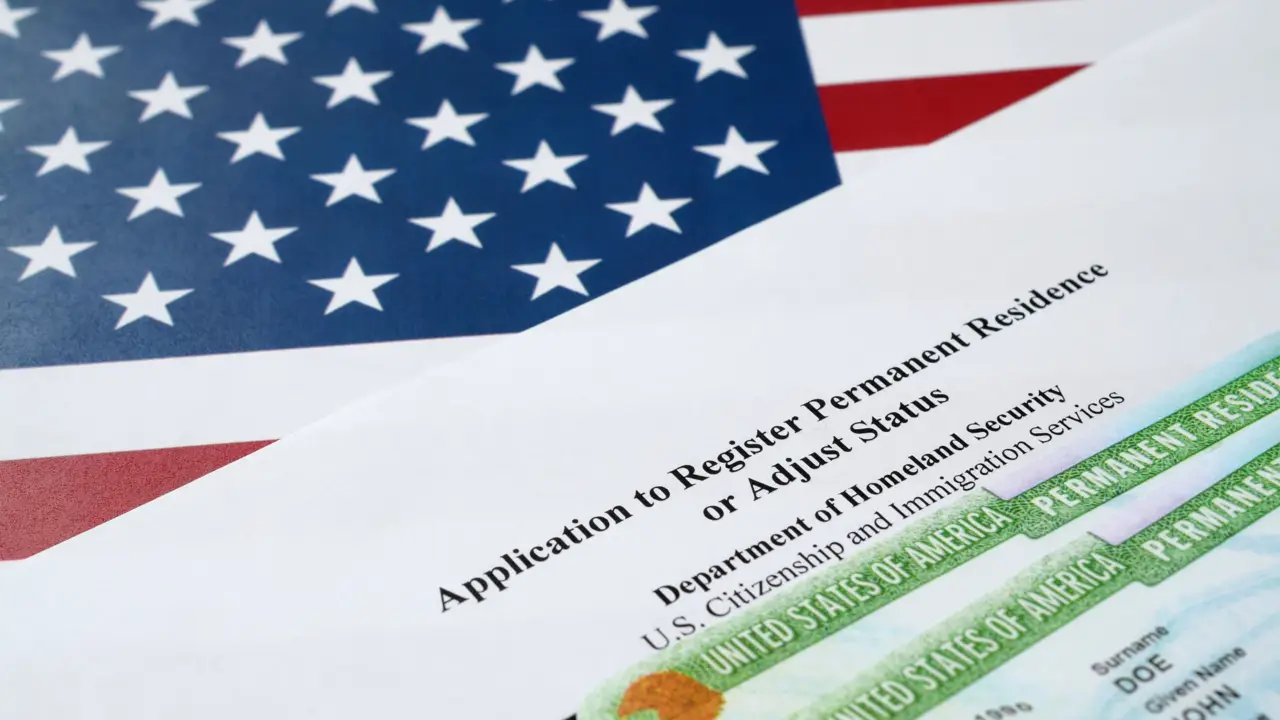
10 Oct VAWA and the Path to Safety: How Abused Immigrants Can Gain Independence
For many immigrants in the U.S., home should be a safe haven. However, when abuse occurs within a family, finding a way out becomes vital. The Violence Against Women Act (VAWA) offers spouses, children, and parents who have experienced abuse the chance to seek protection and independence without fear of deportation. This article explores how VAWA acts as a lifeline for immigrants suffering from domestic abuse and how they can utilize it to secure their safety and independence.
Understanding VAWA
The Violence Against Women Act (VAWA) was enacted to provide a pathway for certain immigrants who are victims of abuse to self-petition for legal residency in the United States. This law allows individuals who have suffered abuse at the hands of a U.S. citizen or lawful permanent resident (LPR), whether a spouse, parent, or child, to apply for legal status without the need for assistance or knowledge of their abuser.
VAWA grants individuals the opportunity to escape their abusive environment, seek safety, and secure their legal independence, which is crucial for their long-term recovery. It’s important to note that VAWA is not just available for women; men and children who are victims of abuse can also benefit from this law.
Benefits of VAWA for Abused Immigrants
For immigrants experiencing abuse, VAWA provides essential benefits, including:
- Legal Protection: Immigrants can self-petition for legal residency without relying on their abuser.
- Work Authorization: After the VAWA petition is approved, applicants could receive work authorization, which allows them to gain financial independence.
- Pathway to Residency: Under VAWA, approved petitioners could apply for permanent residency and citizenship, securing their future in the U.S.
- Safety and Independence: Most importantly, VAWA empowers victims to escape abusive relationships and rebuild their lives safely.
Who Qualifies Under VAWA?
Immigrants who may qualify for relief under VAWA must demonstrate that they are:
- The abused spouse of a U.S. citizen or lawful permanent resident.
- The abused parent of a U.S. citizen.
- The abused child of a U.S. citizen or lawful permanent resident.
Notably, even if the marriage or relationship has ended due to divorce, death, or separation, an abused spouse or child can still qualify under VAWA if they file within a specific time frame. VAWA allows victims to escape their abusers without relying on them for their immigration status, offering freedom and protection.
The Application Process for VAWA
To seek protection under the Violence Against Women Act (VAWA), it’s essential to file Form I-360, known as the Petition for Amerasians, Widows/Widowers, and Special Immigrants, with the U.S. Citizenship and Immigration Services (USCIS). This form allows the individual to self-petition, meaning they do not need their abuser’s cooperation to apply.
Required Documentation
When submitting your application, you will need to provide the following documentation:
- Evidence of abuse: This may include police reports, medical records, or testimonials from friends, family, or professionals who are aware of the abuse.
- Proof of the relationship: You must show that you lived with the abuser in the U.S. and that the relationship was genuine.
- Good moral character: Demonstrating your clean record and good moral standing is crucial.
Once a petition under VAWA is approved, you may be eligible to apply for lawful permanent residency (a Green Card). This approval can be life-changing, offering the applicant security, legal status, and a pathway to citizenship..
VAWA and Immigration Attorneys
Navigating the immigration process can be challenging, especially for those recovering from domestic abuse. This is where experienced immigration attorneys, like the Vergara Miller Law Firm team, play a crucial role. I, Denisse, understand the challenges my clients face and am committed to helping abuse victims seek their residency without fear.
My deep knowledge of immigration laws and personal experience allows me to guide my clients through the complexities of VAWA petitions, ensuring they receive the legal representation they deserve. With empathy and expertise, I help clients find safety and secure their independence in the United States.
Frequently Asked Questions
What is VAWA?
The Violence Against Women Act (VAWA) allows certain victims of domestic abuse to apply for legal residency without the help of their abuser.
Who can qualify for VAWA?
Spouses, children, or parents of U.S. citizens or lawful permanent residents who have been abused can qualify.
What form do I need to apply for VAWA?
You must submit Form I-360 to USCIS.
Do I need a lawyer to help me with my application?
While it’s not mandatory, having an immigration lawyer can make the process easier and increase your chances of success.
Final Thoughts
The Violence Against Women Act (VAWA) is a vital resource for immigrants suffering from domestic abuse. It enables victims to secure their legal status and regain control over their lives, free from fear and harm. If you or someone you know is experiencing abuse, understanding the protection VAWA offers is the first step toward safety and independence.
If you believe you qualify for a VAWA petition, don’t hesitate to seek legal assistance. I’m here to help you navigate this process and support your path to a brighter, safer future.
For the latest updates on news related to VAWA, remember that the Vergara Miller Law Firm is here to provide you with the most current information. Stay informed about immigration and relevant issues for immigrants in the U.S., and don’t forget to follow us on our social media.
Disclaimer: This is not legal advice; the material on this site has been prepared for informational purposes only. It should not be construed as legal or other professional advice, and its receipt does not constitute any attorney-client relationship. Never disregard the advice of your attorney when discussing your particular case.
This information is copyright © If you wish to disseminate it, please attribute it to www.lawvm.com.




Sorry, the comment form is closed at this time.